In less than 24 hours, Gustavo Petro's government has given several clues about the direction it will take at the diplomatic, political, and military levels following the partial decertification imposed by the United States, which considered commitments in the fight against narcotics to be unfulfilled. In practice, the decision preserves bilateral cooperation but raises the bar on goals and verification. The question now is whether the executive branch will strive to meet the standards set by Washington to reverse the decision or whether, with less than a year in power, it will choose to leave the problem in the hands of its successor.
While the White House maintains that Colombia's"failure" rests solely on its political leadership—Marco Rubio called it "erratic"— the Casa de Nariño considers the conditional decertification unfair and politically biased, despite the low eradication rate and the increase in coca crops, which exceed 250,000 hectares."The growth in coca crops is occurring during the Duque administration, and with forced fumigation. It is U.S. policy that has failed," Petro asserted.
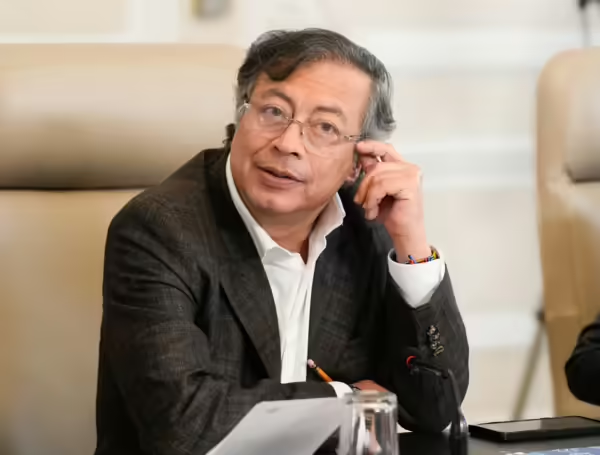
Although the Trump administration left the door open to a possible reversal of the measure, a scenario linked to the implementation of “more aggressive actions” to eradicate coca leaves, such as fumigation with glyphosate, and better behavior in the extradition of criminals, Bogotá associates this with “blackmail” and says it will not allow itself to be pressured.
"It seems like blackmail. It seems as if he were saying, if you don't do such a thing, then we'll decide to sanction you. And we're not going to play into that blackmail. First, because we're going to continue the fight against drug trafficking just as we have been doing," said Interior Minister Armando Benedetti in an interview with this newspaper.
The Government not only conveys – in an attempt to show strength in the face of the blow that decertification represents to its image in the final stretch of its mandate – that it will not allow itself to be pressured, but that it will reduce military dependence on the United States by suspending arms purchases.
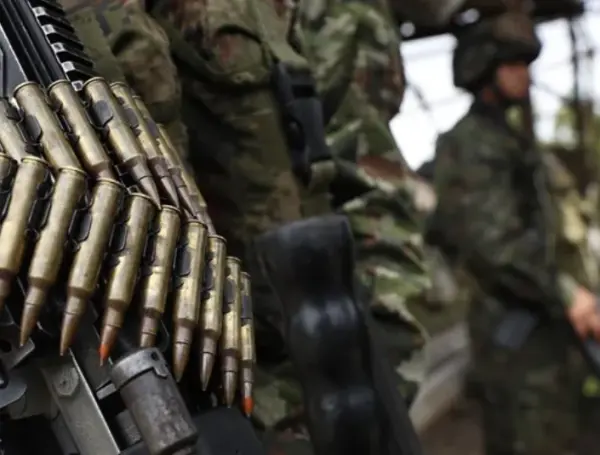
"No more handouts or gifts. The Colombian Army will be better off buying its own weapons and producing them with its own resources," Petro told his Defense Minister, Pedro Sánchez.
According to the ambassador in Washington, Daniel García-Peña, it is not retaliation, but rather a"logical consequence" of the current state of the relationship (the Embassy categorically rejected the allusions directed at the political leadership of President Gustavo Petro and those that suggest permissiveness or concessions to drug trafficking in Colombia).
“It must be clarified that military cooperation does not imply the delivery of weapons. The purchase of weapons is a different matter. Let's say there are cooperation programs that establish training and intelligence sharing, but the purchase of weapons is in no way linked to the issue of cooperation (...) They have to accept it; we buy weapons wherever we want. It's a decision the president has made, and it's up to us to communicate it to the Americans,” García-Peña told EL TIEMPO.
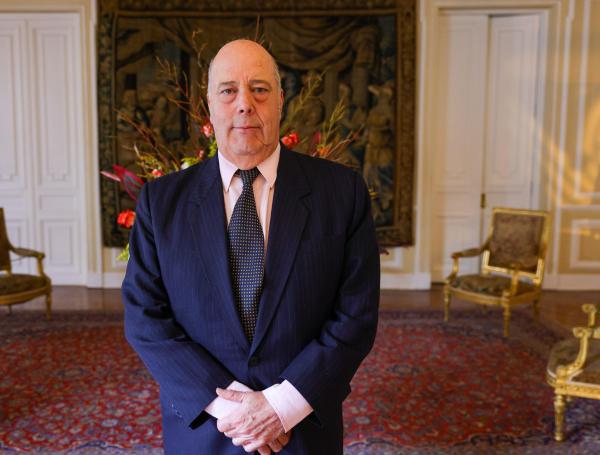
According to the diplomat, Colombia has every right to seek alternatives so that the dependency that"may have existed in the past" ceases to exist.
The president of the Colombian-American Chamber of Commerce (AmCham), María Claudia Lacouture, believes that the country's fiscal situation makes it very difficult for the country to assume the fight against drug trafficking with its own resources."There is a real opportunity for reconsideration from the United States, but the country must act quickly and rigorously. Failure to do so could trigger additional restrictions on assistance and adverse votes in multilateral banking, increase country risk and make credit more expensive, with direct effects on employment, investment and the well-being of Colombians, in addition to prolonging insecurity in the territories. A cool head and putting the interests of the nation first is today, more than ever, a felt need," she said.
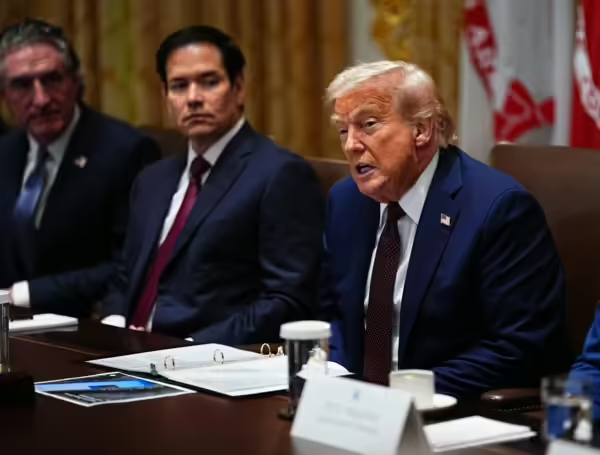
However, within the government, there is a theory that the United States is using the tool of decertification to tip the balance in next year's elections."Simply put, the United States is participating in Colombia's internal politics; it wants a puppet president. The Colombian people will decide whether they want a puppet president, like the one who sold out Panama, or whether they want a free and sovereign nation," the head of state asserted.
Congressmen and former government officials warn of the risks of escalating the confrontation."They could have decertified us without exempting national interests. This means there is distrust in the government's policies in this fight, but I support the Colombian people and military forces. This type of statement is sensitive for international relations. The government is picking fights with the wrong people and is showing little to no diplomacy," said Juana Carolina Londoño (Conservative Party) representative of the Second Committee of the House of Representatives.
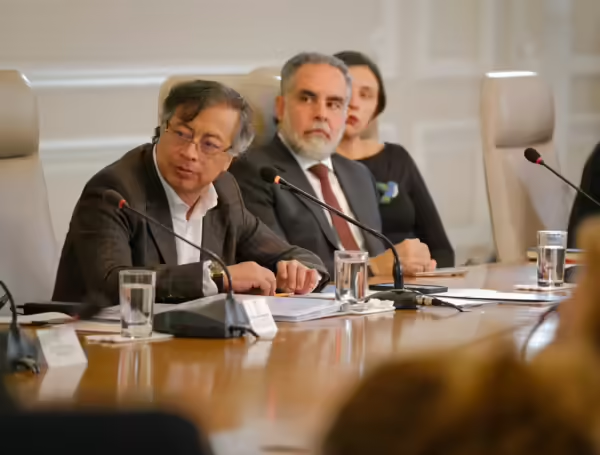
"Decertification with a waiver requires high-level dialogue to find common ground and goals in the fight against drug trafficking," said former Foreign Minister Luis Gilberto Murillo.
That option, right now, seems remote. “Denying full certification doesn't punish criminals; it opens the door for them. It doesn't strengthen cooperation; it weakens it. And it doesn't reinforce trust; it erodes it,” said Foreign Minister Rosa Villavicencio.

